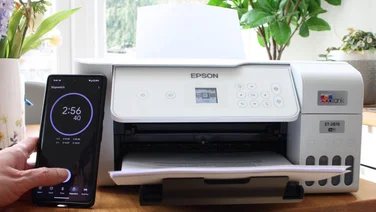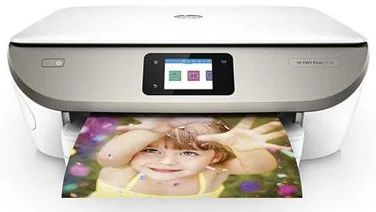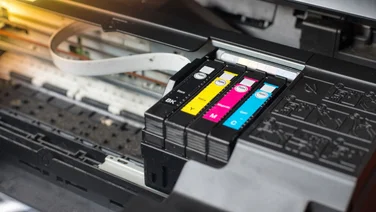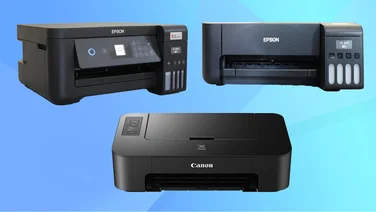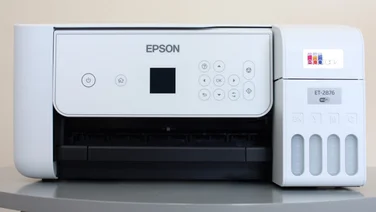To help us provide you with free impartial advice, we may earn a commission if you buy through links on our site. Learn more

Sony’s digital SLR range has grown from one camera in 2006 to eight this year. The A230 is its latest entry-level model, and replaces the A200. The A200 impressed us with its dependable quality and rock bottom price, which fell to as low as £260. The A230 isn’t quite that cheap, but it’s still one of the most affordable DSLR cameras around, so it’s fair to expect a relatively basic feature set. There’s no live view for composing shots on the LCD screen, and the screen itself is run of the mill at 2.7in and 230,000 dots. However, there is one unexpected treat in the form of an HDMI output, which replaces the A200’s composite video. Composite’s measly 0.4-megapixel resolution makes it largely redundant, but HDMI’s two-megapixel picture on a 1080p HDTV is far more satisfying. We were even able to use the TV’s remote control to skip from picture to picture. Another welcome change are the dual slots for SDHC and Memory Stick Pro Duo cards, which replace the CompactFlash slot in previous Sony SLRs. There’s nothing wrong with CompactFlash, but the new slots will let those upgrading from a compact camera use their existing cards. Those new to SLR photography might also appreciate the revamped onscreen information, which includes text descriptions of each shooting mode as it’s selected, plus graphics to help users get to grips with the shutter speed and aperture controls. The A230 is slightly smaller and around 150g lighter than the A200. Much of this weight loss is down to the lens, which has a basic 3x zoom range compared to the A200’s 3.9x. The A230 is also considerably less comfortable to use. The handgrip is a peculiar shape that feels precarious in use. Adjusting the command dial on the front of the camera is awkward, and doing so while holding down the exposure-compensation button – as is required to adjust the aperture in manual mode – is even worse. These aren’t the only features that have regressed since the A200. The battery is smaller and its capacity has dropped from 750 to 510 shots. The flash isn’t as powerful, and there are fewer dedicated buttons, with the ISO speed, drive mode, flash and display buttons doubling up on the navigation pad. On the A200, this pad was used to select the autofocus point, but here, this function is accessible only via the menu. The exposure lock button has disappeared completely, so it’s no longer possible to set the exposure for one part of a scene and the focus for another, except by using manual settings. Most surprising is that continuous performance has dropped from 3fps on the A200 to 2.5fps. We measured just 1.9fps, making this the slowest DSLR on the market. Our image quality tests revealed only moderate improvements over its predecessor. Details were a little sharper in bright conditions, and chromatic aberrations were less visible in the corners of wide-angle shots. However, detail levels still trailed behind those from Canon’s excellent EOS 1000D. The same was true of noise levels in low-light shots. ISO 1600 shots looked blotchy and subtle details were indistinct when compared to the 1000D’s output.
It’s disappointing that this camera is in many respects worse than its predecessor, but ultimately it only needs to compete with the current crop of rival entry-level SLR cameras. In this context, its battery life and zoom range are competitive, and the layout of buttons is no worse than many other cameras at this price. However, the A230’s image quality isn’t as good as the best entry-level SLRs, and its continuous shooting speed is a long way behind. It’s the flawed ergonomics that concerns us most, though. The A230 is awkward to hold, and that’s enough in itself to take it out of the running.
